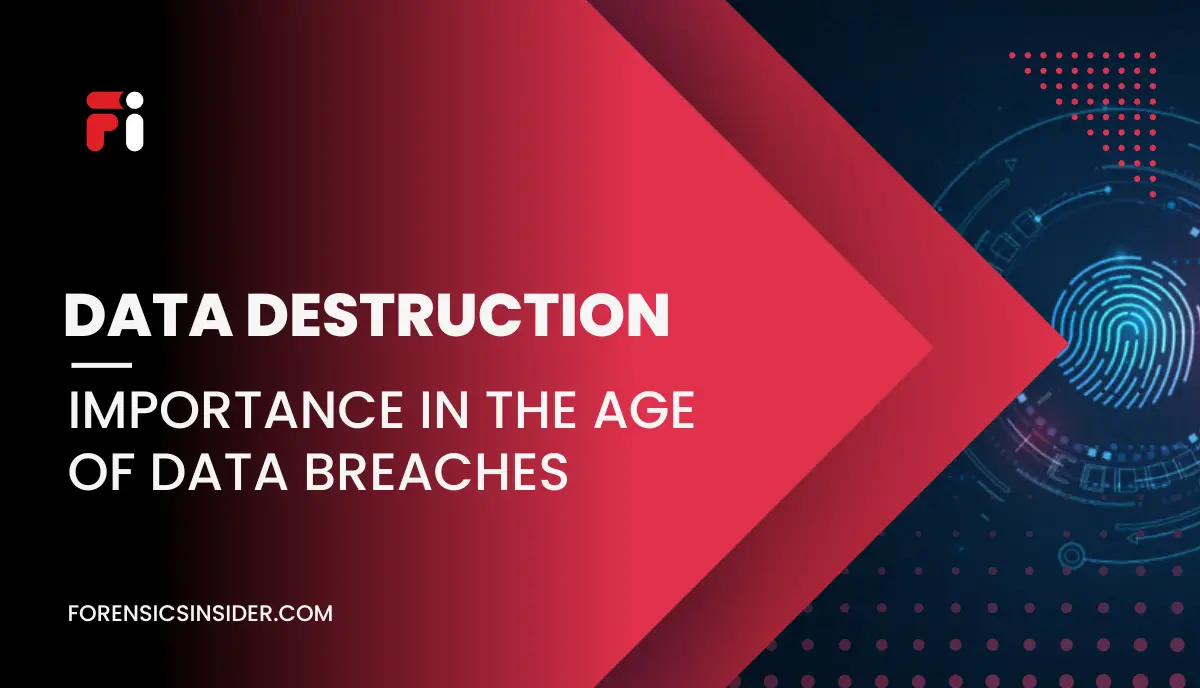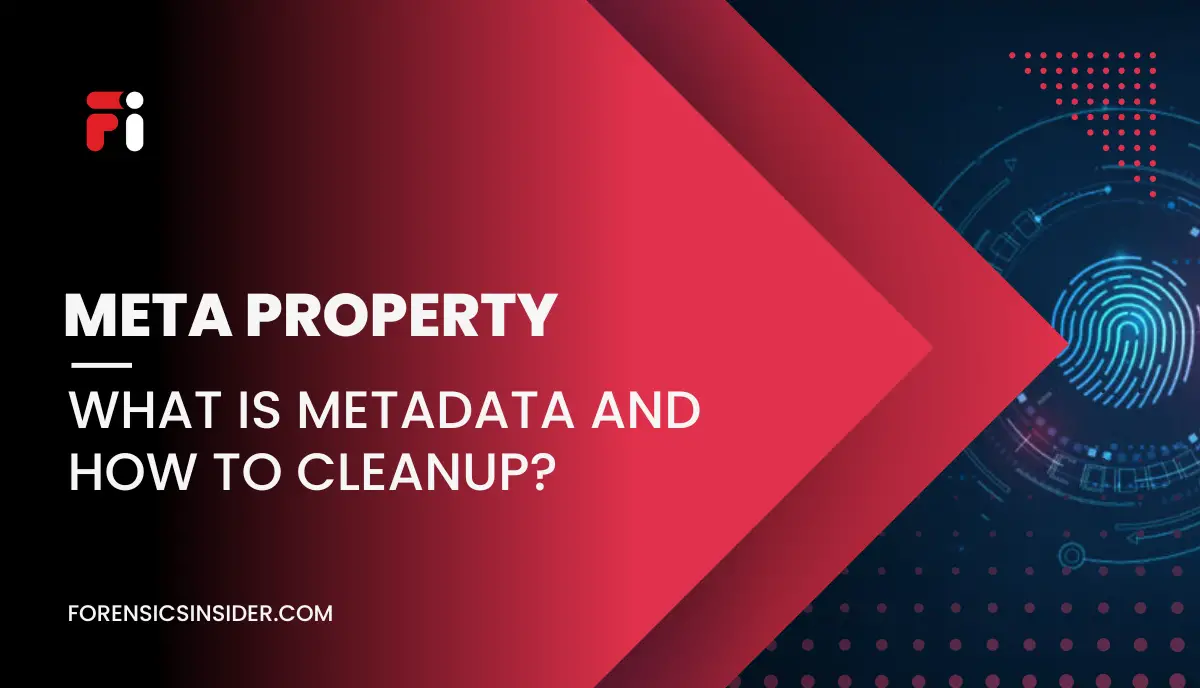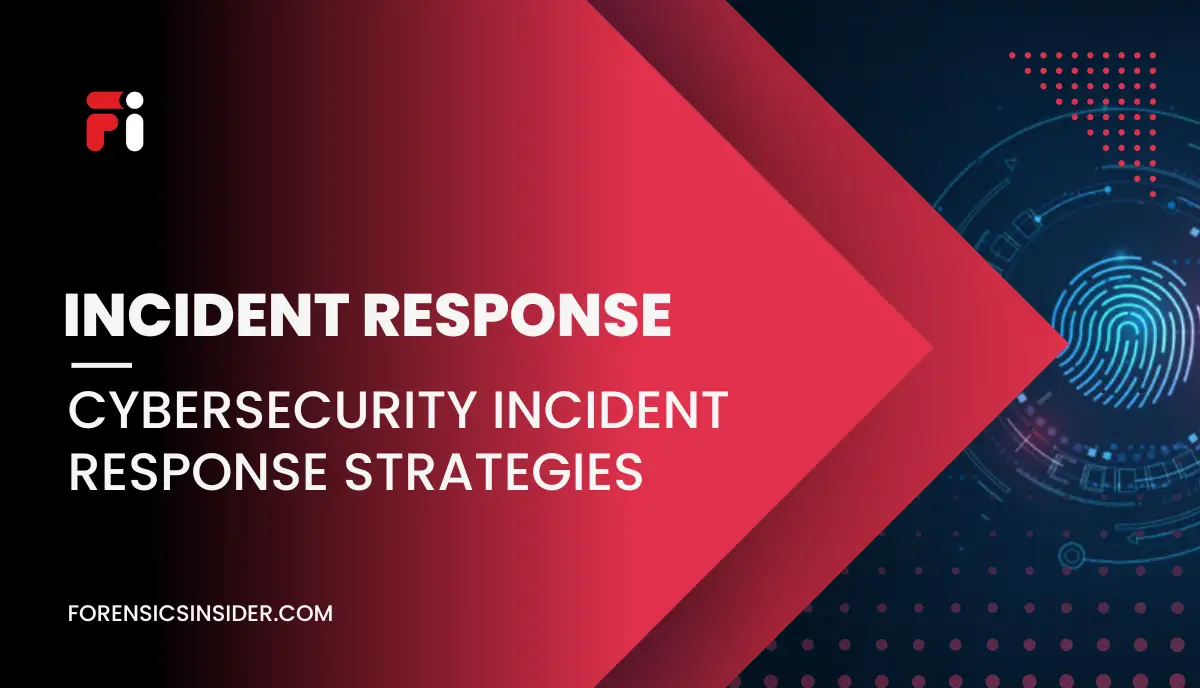Data has become the backbone of modern businesses and individuals in the digital age. From financial records to personal information, trade secrets and intellectual property, large amounts of sensitive data are generated and stored every day. However, as technology advances and data volumes grow, so do the risks of data breaches and unauthorized access. In this scenario, data deletion proves to be a crucial defense against the growing threat of data breaches. Let’s understand the importance of data destruction in the age of data breaches…
The Escalating Threat of Data Breaches
High-profile incidents of data breaches often make headlines. For example, the Equifax breach exposed the personal information of more than 145 million Americans. Additionally, the Marriott International breach affected the data of nearly 500 million guests. Without a doubt, the consequences of data breaches are serious and far-reaching:
- Financial Losses: Financial losses from regulatory fines, legal fees, incident response costs, consumer notification costs, and litigation are significant for organizations.
- Reputational Damage: A data breach severely tarnishes an organization’s reputation, eroding customer trust. Consequently, it may lead to long-term loss of business and market share.
- Legal Implications: Depending on the breach’s nature and severity, organizations may face legal consequences such as lawsuits from affected individuals and regulatory penalties for non-compliance with data protection laws.
Understanding Data Destruction and Importance
Data deletion, often termed data erasure or sanitization, overwrites storage devices with random or meaningless data. This means original data cannot be restored. Standard data deletion just deletes data pointers; deletion physically overwrites the data, making it unrecoverable.
Proper data sanitization is crucial for several reasons. First, it ensures data privacy and security by preventing unauthorized access to sensitive information on disposed, repurposed, or resold devices. Second, it helps organizations achieve regulatory compliance across various industries where data protection regulations mandate secure data handling and disposal practices. Third, it mitigates the risks associated with improper data disposal, such as data breaches, financial losses, and legal liabilities.
Data Destruction: A Crucial Line of Defense
In the age of data breaches, data wiping has become a critical line of defense. By ensuring complete and permanent data destruction, it serves vital purposes:
- Ensuring Data Privacy and Security: Implementing a reliable data wiping solution guarantees sensitive data is securely erased, providing peace of mind and protecting against unauthorized access, identity theft, and other malicious activities.
- Regulatory Compliance: Data wiping helps organizations comply with data protection regulations such as GDPR, HIPAA, and industry-specific regulations by ensuring secure data handling and disposal practices.
- Safe Device Reuse and Environmental Impact: Data wiping enables device reuse and refurbishing, contributing to reducing e-waste and promoting environmental sustainability.
A Reliable Data Wiping Solution and Importance
BitRecover BitWipe stands out as a reliable and recommended solution for secure and permanent data destruction. This certified data erasure application offers a comprehensive approach to data wiping. It’s important to have an data destruction tool in your toolkit.
BitWipe can overwrite and delete data from hard disks, SSDs, USB drives, and more. It also meets international data destruction standards and enables multiple data erasure methods for varied security needs.
Key Features and Benefits
Secure Data Erasure Methods
BitRecover BitWipe’s data erasure methods include single-pass overwriting and multi-pass approaches such as the DoD 5220.22-M standard and Gutmann. Thus, even with modern data recovery tools, these methods erase data beyond recovery.
Customizable Wiping Options
The software allows date range filtering, file masking, and overwriting pattern modification to obfuscate data.
Audit Trails and Compliance
BitRecover BitWipe generates tamper-proof audit trails, which serve as documentation and proof of successful data erasure. These audit trails are essential for demonstrating compliance with data protection regulations and providing peace of mind.
Best Practices for Effective Data Wiping
To maximize data wiping’s effectiveness and ensure comprehensive data security, following best practices is crucial:
Implementing a Data Wiping Policy
Organizations should establish a clear data wiping policy outlining procedures, responsibilities, and standards. For secure data erasure, ensuring consistent practices across the organization.
Choosing the Right Data Wiping Method:
Select the appropriate data wiping method based on the required security level, the storage device type, and any applicable regulatory or industry standards.
Maintaining Audit Trails:
Generating and maintaining audit trails is essential for demonstrating compliance with data protection regulations and providing documentation of successful data erasure.
Secure Device Disposal and Recycling:
After data wiping, securely dispose of or recycle devices through trusted channels to prevent unauthorized access and ensure environmental responsibility.
Also read: What is the Difference Between Data Wiping and Data Deletion?
Real-World Examples and Case Studies
Many real-world examples and case studies emphasize data erasure. For inappropriately disposing of US Department of Defense hard drives with sensitive data in 2018, a Virginia IT contractor risked legal prosecution and hefty fines. For failing to safely dispose of customer data on decommissioned backup tapes, a major financial institution was fined millions.
These incidents highlight the grave consequences of neglecting proper data sanitization practices and the critical role data wiping plays in mitigating such risks. The importance data destruction in the age of data breaches is crucial.
FAQs
No, after using a certified data wiping tool like BitRecover BitWipe, which complies with international data destruction standards, the original data is overwritten with meaningless patterns or random data. Consequently, this process renders the data unrecoverable through conventional means, ensuring complete and permanent data destruction.
BitRecover BitWipe is certified and compliant with various international data destruction standards, including the US Department of Defense (DoD) 5220.22-M standard, the Gutmann method, and others.
Yes, data wiping is essential for individuals and small businesses. Personal devices often store highly sensitive information like banking details and personal data, which must be securely erased to prevent identity theft and privacy breaches. BitRecover BitWipe offers a user-friendly solution.
Data deletion merely removes data pointers, while the data itself remains on the storage device and can potentially be recovered using data recovery tools. However, data wiping physically overwrites the data with meaningless patterns or random data, rendering it unrecoverable through conventional means.
Yes, data wiping solutions like BitRecover BitWipe can be automated and scaled to handle large volumes of data and meet the needs of enterprises, IT asset disposition (ITAD) companies, and organizations dealing with bulk data sanitization requirements.
Conclusion
In this entire article you get to know the importance of data destruction in the age of data breaches, so data wiping is essential for data privacy, regulatory compliance, and reducing the severe effects of data breaches as sensitive data grows in the digital era.
Certified data wiping, customisable choices, and tamper-proof audit trails make BitRecover BitWipe a dependable and complete data erasure solution. Best practices for data wiping and reliable solutions like BitWipe can protect enterprises and individuals against illegal access to sensitive data, reputation damage, and data breaches.
Businesses and people must prioritize data security through comprehensive data wiping policies as a strategic priority in an age when data is precious.




